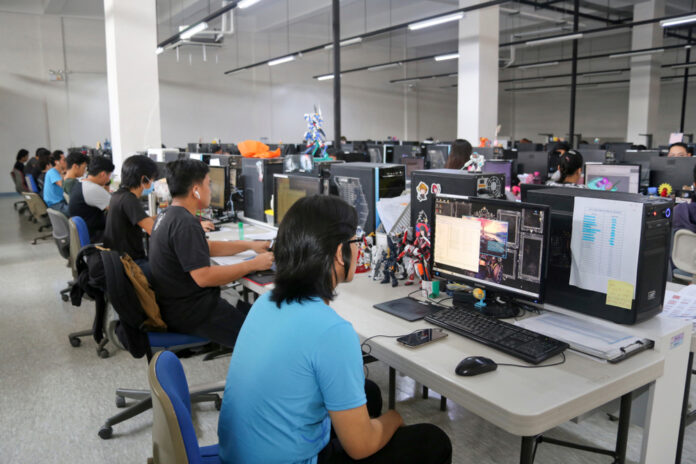Filipino workers are willing to return to their offices several times a week but many of them believe their work places are no longer designed to maximize creativity and foster productivity, a new Cisco study showed.
The study, titled “From Mandate to Magnet: The Race to Reimagine Workplaces and Workspaces for a Hybrid Future,” showed that eight out of 10 Filipino employees were willing to return to the office as mandated by their employers, and nearly 9 out of 10 respondents expressed a desire to return to the office at least a few times per week.
And employees motivation to return to their offices has changed, signifying a shift in employees expectations and needs for their workspaces. Their main reasons for returning to the office, the study showed, are collaboration, ideation, and fostering a sense of belonging.
“Our study reveals that employees in the Philippines have embraced hybrid work and are willing to return to the office more often, but with a caveat, workspaces must adapt to their evolving needs and expectations,” said Zaza Soriano-Nicart, Managing Director, Cisco Philippines. “In the era of hybrid work, employers need to reimagine their workspaces as a hub for collaboration and connect people in new ways with the right connectivity, collaboration tools, and culture.”
Across the Philippines, 37 percent of employees believe that their office is not fully fit for purpose to enable them to do their best work. When referring to office layouts and seating arrangements, 73 percent of employees feel these are not conducive to collaboration and brainstorming purposes.
But even with the growing emphasis on collaboration, the study showed that 78 percent of employers surveyed still allocate at least half of their offices to individual workspaces.
The study highlights that employees feel that individual workstations, large and small meeting rooms are ineffective at boosting productivity in the office, or only do so moderately at best. The main reasons for this view are inconsistency in the experience for remote and in-office participants, lack of inclusive audio and video endpoints, poor quality of audio-visual experience and insufficient audio and video endpoints.
On a positive note, the study reveals that organizations are making progress to transform their office spaces. Eight out of 10 employers have already made changes post-pandemic and 89 percent plan to do so in the next two years. The main drivers of transformation include adapting to technological advancements, meeting changing employee expectations for workspaces and better enabling hybrid work.
The study is based on a double-blind survey of 9,200 full-time employees and 1,650 employers surveyed in November 2023. Respondents are from seven Asia Pacific markets including Australia, Hong Kong, India, the Philippines, Taiwan, Thailand and South Korea.







